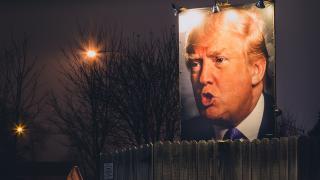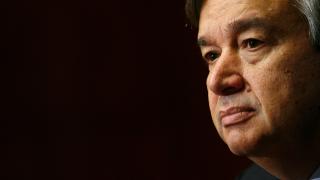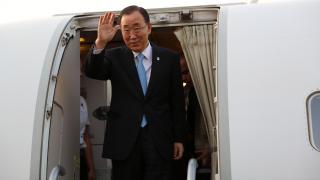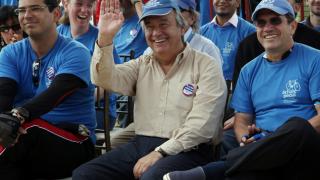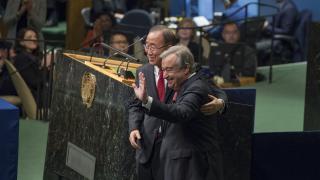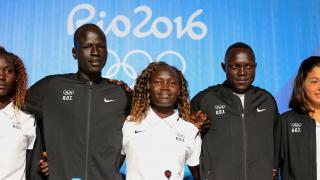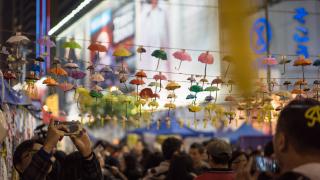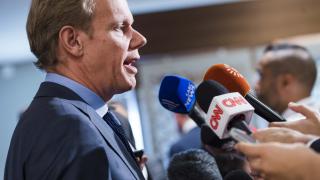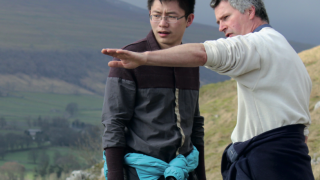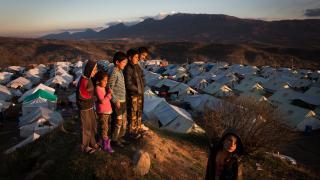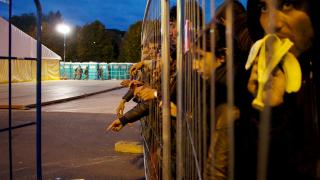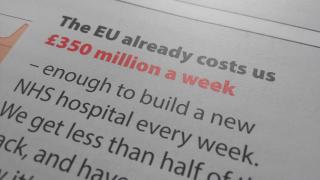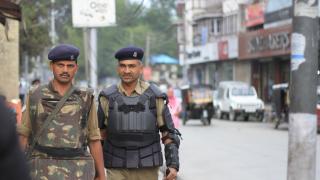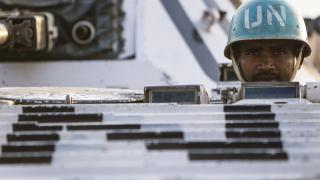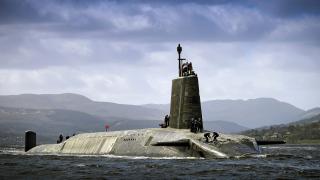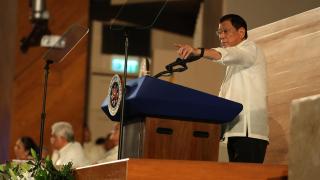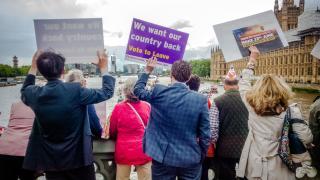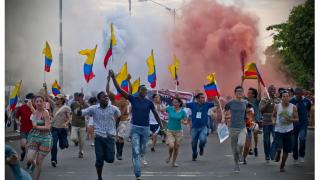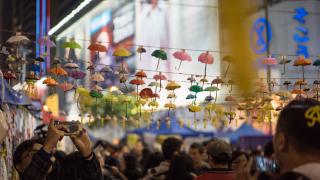
2016 has been variously described as the year that ‘the people’ made their voices heard, and the year that the people simply got it wrong.
While the context for each has differed, the referenda in the UK and Hungary, the rise of demagogues in countries such as France and the Philippines, and the US presidential election all appear to share common themes: anxiety over shifting global power and social norms, dissatisfaction with economic and political systems, and a deep-seated distrust of institutions and leaders. This mix of factors has enabled politicians – and media outlets – to claim to represent an unspecified ‘us’ that invariably needs to thwart an unspecified ’them’ (insert elites, experts, foreigners, minorities or any other group you wish) in order to take back control in some unspecified way.
This is hardly a new phenomenon. Many commentators have drawn parallels between the populist movements in the 1920s and 1930s and what is happening today. There has – rightly – been much focus on xenophobia and intolerance, and the need to defend human rights and the rule of law.
But the backlash against democracy is equally worrying. Some of it has come from expected quarters. Chinese state media, for example, has argued that Trump’s election campaign exposed the inherent risks of democracy. Russia, meanwhile, has been accused of seeking to influence the process through hacks and leaks. The President-elect himself repeatedly questioned the US electoral process, in addition to threatening to lock up his opponent.
Even more troubling, perhaps, is the comparatively muted response by those who should be democracy’s most ardent defenders. It has become fashionable to question the value of democracy and whether people are capable of making informed decisions. And leaders from the left and right alike have spoken out in favour of stability over human rights. The EU’s deal with Turkey over refugees is one example. A Trump–Putin agreement to address terrorism (but nothing else) in Syria could be another.
UNA-UK believes that more effort must be made to support a well-rounded approach to democracy that moves beyond the ballot box to enabling people to feel they have a meaningful say in decisions that affect their lives. The UN has identified the following as essential elements of democracy, in addition to free and fair elections: respect for human rights; full participation of women, young people, minorities and vulnerable groups; the rule of law and independent institutions; free and pluralistic media and civil society groups; and good quality, accessible education.
Freedom House, which bases its annual Freedom in the World report on indicators derived from the Universal Declaration of Human Rights, concluded that in 2016 crises “fuelled xenophobic sentiment in democratic countries, undermined the economies of states dependent on the sale of natural resources, and led authoritarian regimes to crack down harder on dissent”. It noted that these trends had culminated in the tenth consecutive year of decline in global freedom.
But it also pointed to several examples where elections offered a peaceful way out of failed policies, notably in Nigeria, Venezuela and Myanmar, concluding that “democratic systems may ultimately prove more resilient than their brittle authoritarian counterparts”.
Photo: September 2016 marked the second anniversary of Hong Kong's 'umbrella revolution'. Credit: Studio Incendo/CC

